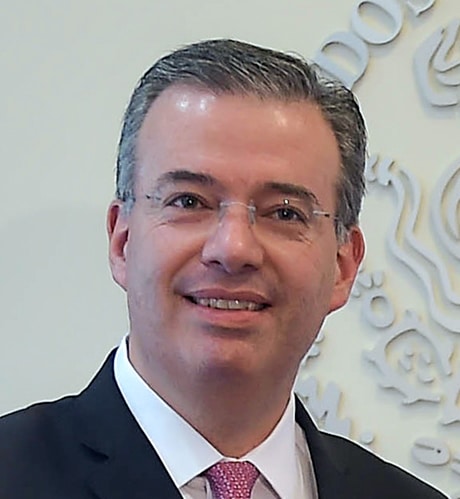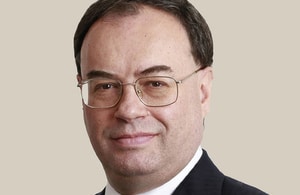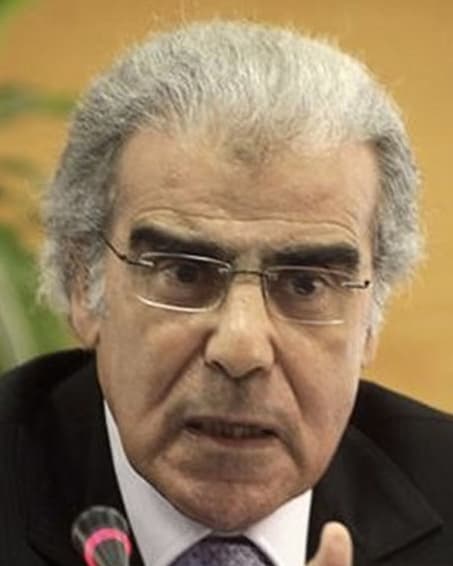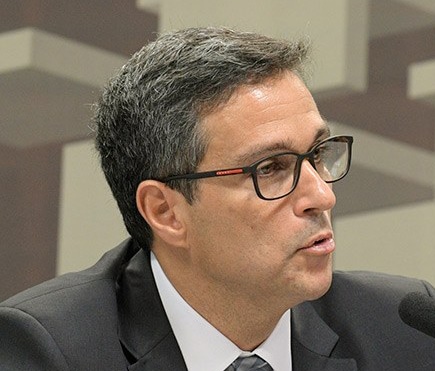Global Finance talks pandemic, politics and economics with some of the world’s leading central bank governors, part of the coverage associated with its annual Central Banker Report Cards—banker grades to be announced in the October 2021 issue.

Mexico Central Bank Governor Alejandro Díaz de León on supply chains:
“Global and local supply chains remain critically affected and may be subject to a profound adjustment process. Thus, the main risk we face is supply resilience and flexibility, as well as optimal resource allocation. This will determine growth and inflation dynamics.”

UK Central Bank Governor Andrew Bailey on continued stimulus:
“Quantitative Easing is mostly effective in extraordinary market conditions. It tends to keep interest rates down further along the curve. Even in more normal market conditions it can be used to reduce risk, which is one reason why we have done further Quantitative Easing”.

Morocco Central Bank Governor Abdellatif Jouahri on digital currency:
We are studying the feasibility of issuing a digital currency, in the middle or long term. This is part of our work to reduce the use of cash, promote financial inclusion and develop new innovative lower cost payment technologies.




